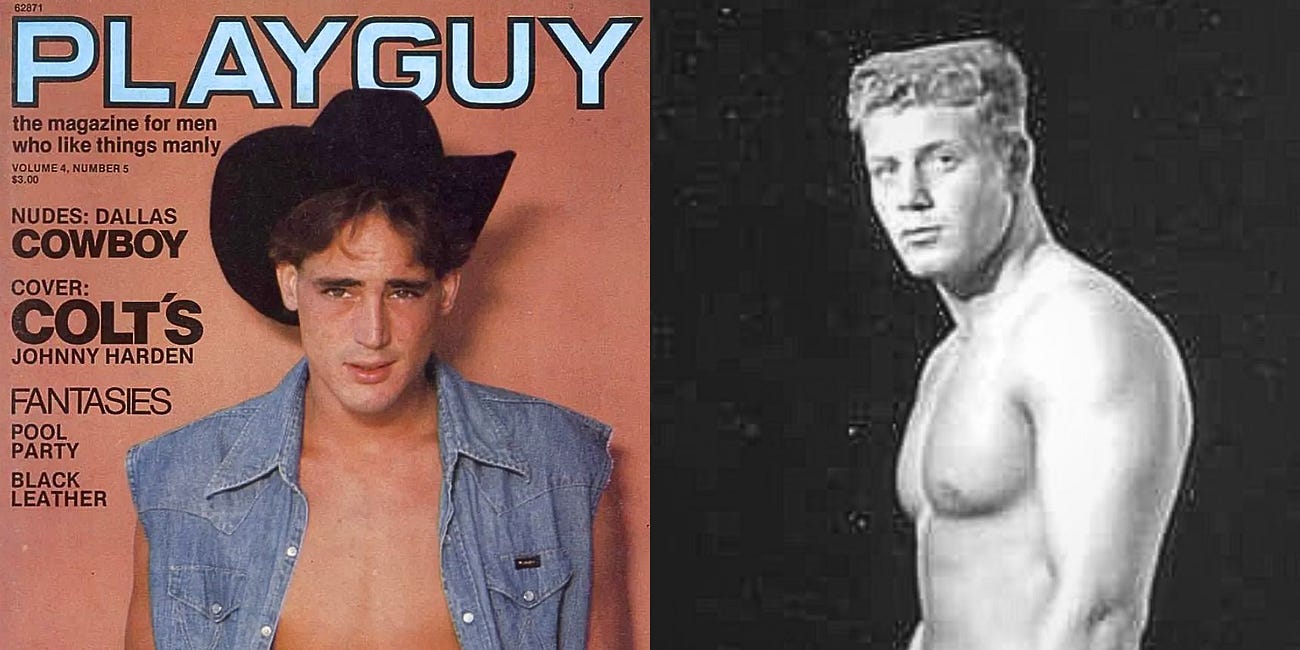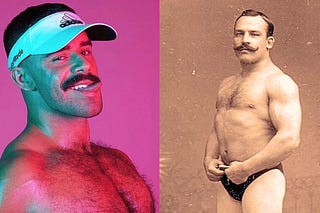
With today’s relentless 24/7 election “news” coverage, I’ve been searching for a time when casting a vote in America felt quieter and perhaps more reasonable.
As I looked back to the 1920 presidential election, I realized that while it was indeed less noisy—with only one radio station broadcasting the results live—turning back time did not lead to finding a more rational period of history.
If anything, 1920 was on par with 2024 for its divisive nonsense.
The year 1920 brought its own share of social contradictions and challenges.
Prohibition had recently taken effect, with the 18th Amendment ratified in January 1919, leading to a booming black market for alcohol. Mob bosses grew richer, the poor grew poorer, and the era saw an early experiment in “trickle-down” economics.
Several external factors helped shaped the outcome of the 1920 election.
The world was still reeling from the loss and devastation of World War I and the Spanish flu pandemic. Additionally, this election marked the first time women across the United States could vote, thanks to the ratification of the 19th Amendment.
“It was the best of times, it was the worst of times, it was the age of wisdom, it was the age of foolishness, it was the epoch of belief, it was the epoch of incredulity, it was the season of light, it was the season of darkness, it was the spring of hope, it was the winter of despair.”
Charles Dickens
A Tale of Two Cities
This could also be the start of book called A Tale of Two Political Parties.
Another first for the 1920 presidential election was that its results were aired live on Pittsburgh’s KDKA—considered by many historians to be the first commercial radio station—during its premiere broadcast.
Long story short: Warren G. Harding, a Republican senator from Ohio, won the presidency in a landslide over James M. Cox, the Democratic governor of Ohio.
Like it or not, Ohio always seems to factor in presidential elections.
Also, it’s interesting to note Cox’s running mate was none other than Franklin D. Roosevelt—the man who would eventually become America’s longest-serving president. His four terms led to yet another constitutional amendment limiting presidential terms to two.
Harding’s campaign slogan, “A Return To Normalcy,” resonated with conservative voters tired of global upheaval and craving stability. His message was direct, simple, and simple-minded, aimed at Americans yearning for calm, if not peace.
At the time, like today, the Republican and Democratic parties stood for starkly different visions for America’s future.
Harding’s platform championed a retreat from global involvement and a return to “America first” isolationism. He campaigned on stability and a focus on domestic concerns. In contrast, Cox planned to continue in President Woodrow Wilson’s progressive footsteps, advocating for the League of Nations and pushing for more social reforms.
In the end, Harding’s “A Return To Normalcy” may have won the day but likely helped lead to the Great Depression. His message was a populist pitch from a politician who sought to turn back time without understanding that clocks don’t work that way.
While those who lived in Pittsburgh—and could afford a radio—were able to hear the election results live, the rest of the country had to wait to find out who won from their favorite daily newspaper.
Today, elections have become three-ring media circuses, full of analysts, celebrities, commentators, politicians, pollsters, and reality TV stars competing for our attention.
“News” has become “infotainment,” and there’s no “normalcy” in sight.
Instead of clarity, we’re met with chaos, as both independent and mainstream media often stir up as much drama as they report. The priority now isn’t to keep us better informed—just more entertained. These days, for mainstream media, getting people to vote isn’t the priority—getting them to watch ads is.
If I had a time machine, even knowing how things turned out, I might still go back to that night in 1920, when KDKA brought election results into American homes for the first time.
I’d still disagree with the outcome, but I think the simplicity and calm of that broadcast—just knowing, without distractions, who would lead the country next—might make “A Return To Normalcy” an easier (bitter) pill to swallow. Might.
I don’t know about you, but I need something to hold onto to get through the rest of this election cycle.
The anxiety and struggle to keep calm and carry on is real. Mighty real.
Time to go make more montages…thanks for reading!
Clint
ON THIS DAY = NOVEMBER 2
BIRTHDAYS
1734 = Daniel Boone = American hunter and explorer
1865 = Warren G. Harding = American journalist, politician, and 29th POTUS
1913 = Burt Lancaster = American actor
1927 = Steve Ditko = American author and illustrator
1942 = Stefanie Powers = American actor
1962 = k.d. lang = Canadian singer-songwriter
1966 = David Schwimmer = American actor
CELEBRATIONS
EVENTS
1867 = Harper's Bazaar publishes its issue (as Harper’s Bazar).
1920 = In the United States, KDKA of Pittsburgh starts broadcasting as the first commercial radio station. The first broadcast is the result of the 1920 United States presidential election. Warren Harding is elected the 29th POTUS.
1936 = The BBC Television Service, the world's first regular, "high-definition" (then defined as at least 200 lines) service begins.
1959 = Quiz show scandals: Twenty-One game show contestant Charles Van Doren admits to a Congressional committee that he had been given questions and answers in advance.
1960 = Penguin Books is found not guilty of obscenity in the trial R v Penguin Books Ltd, the Lady Chatterley's Lover case.
1982 = Channel 4 starts broadcasting.
1990 = British Satellite Broadcasting and Sky Television plc merge to form BSkyB as a result of massive losses.
1993 = Voters in Cincinnati, Ohio and Lewiston, Maine repeal bans on discrimination based on sexual orientation.
2011 = The IRS announces that it intends to issue a formal agreement with the United States Tax Court decision in O’Donnabhain v. Commissioner, allowing people to deduct the costs for treating gender identity disorder.
PHOTO + QUOTE OF THE DAY
“Can anything be more Un-American than the Un-American committee?”
Burt Lancaster
NEW + FEATURED
MORE FROM COLLIDE PRESS
Ko-Fi + Linktree + Shop + Storefront + YouTube






















The Depression wasn't the only thing Harding set us up for. Isolationism never works. People say,"I don't care. " The problem with that it that thing they don't care about does get up and go away.
'A stitch in time saves nine.' .... Isolationists are the type determined to stitch all ten and then blame someone else that they weren't warned earlier when in fact they usually were...... usually repeatedly.
And now the event outside our borders most likely to affect us is fading from the news and increasingly treated as a nuisance when mentioned. Funny, the countries bordering this event are buying up every piece of arms on the planet. Maybe after their 500 plus years of experience they know ksmething we don't.
It is highly unlikely that the current top-down way of running things will change substantially, no matter who "wins." Either person will be holding onto the mess that will be handed to them. I wish them (and us) good luck with that!